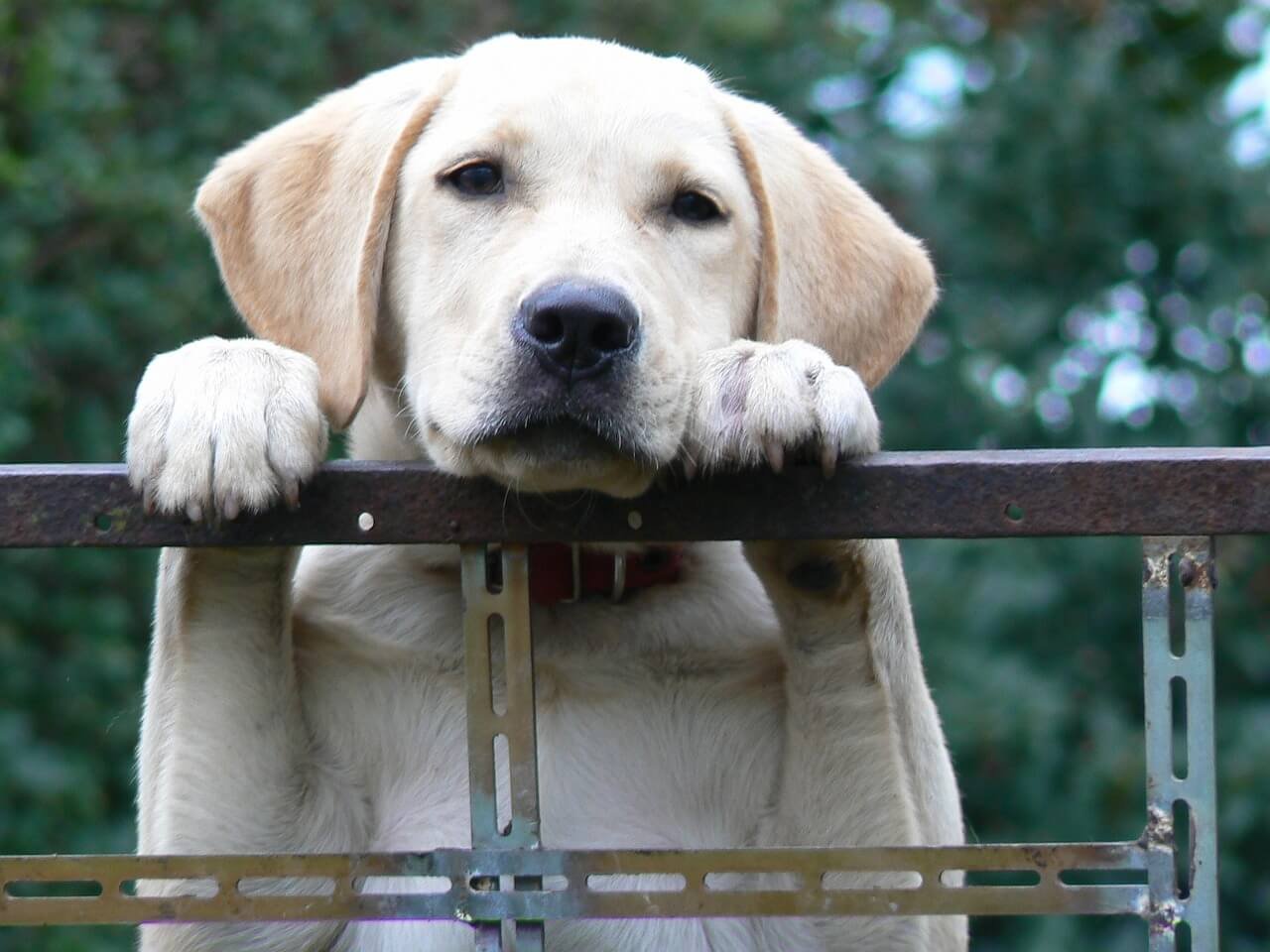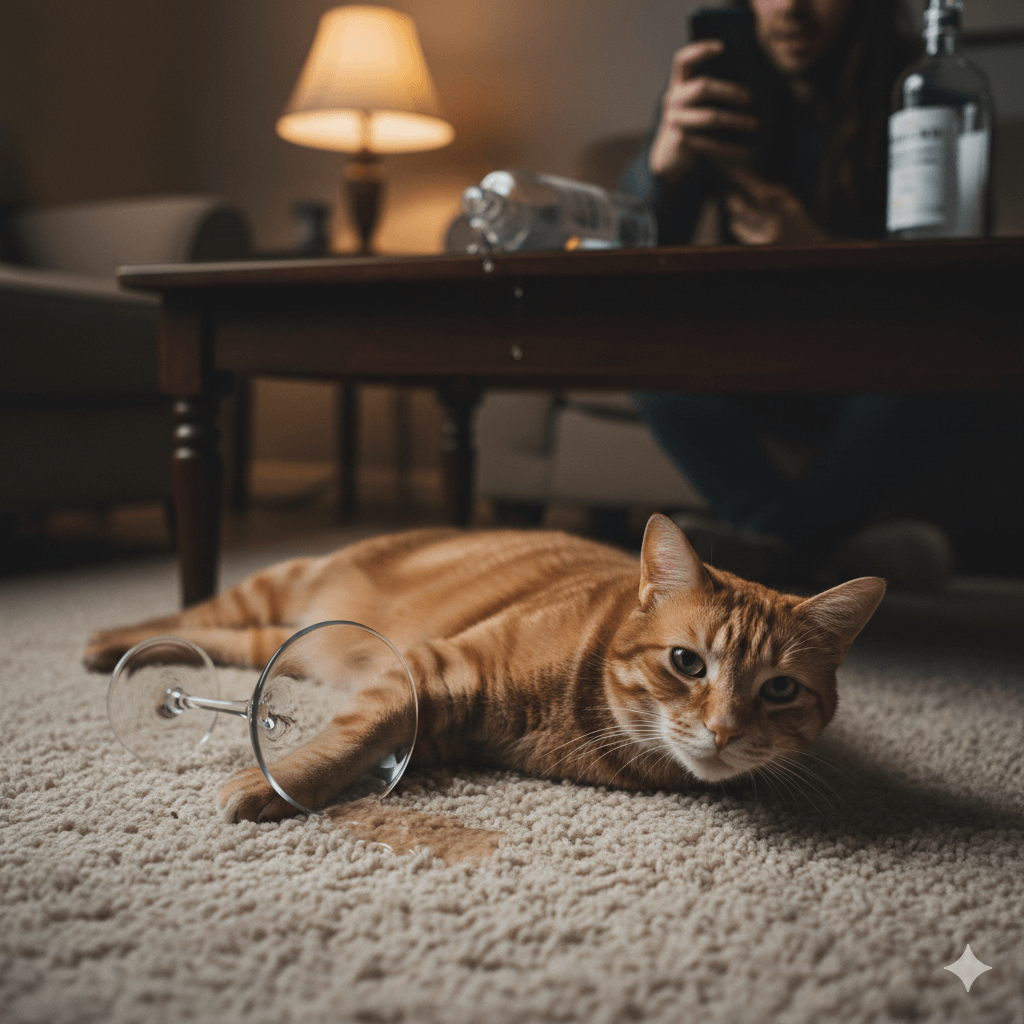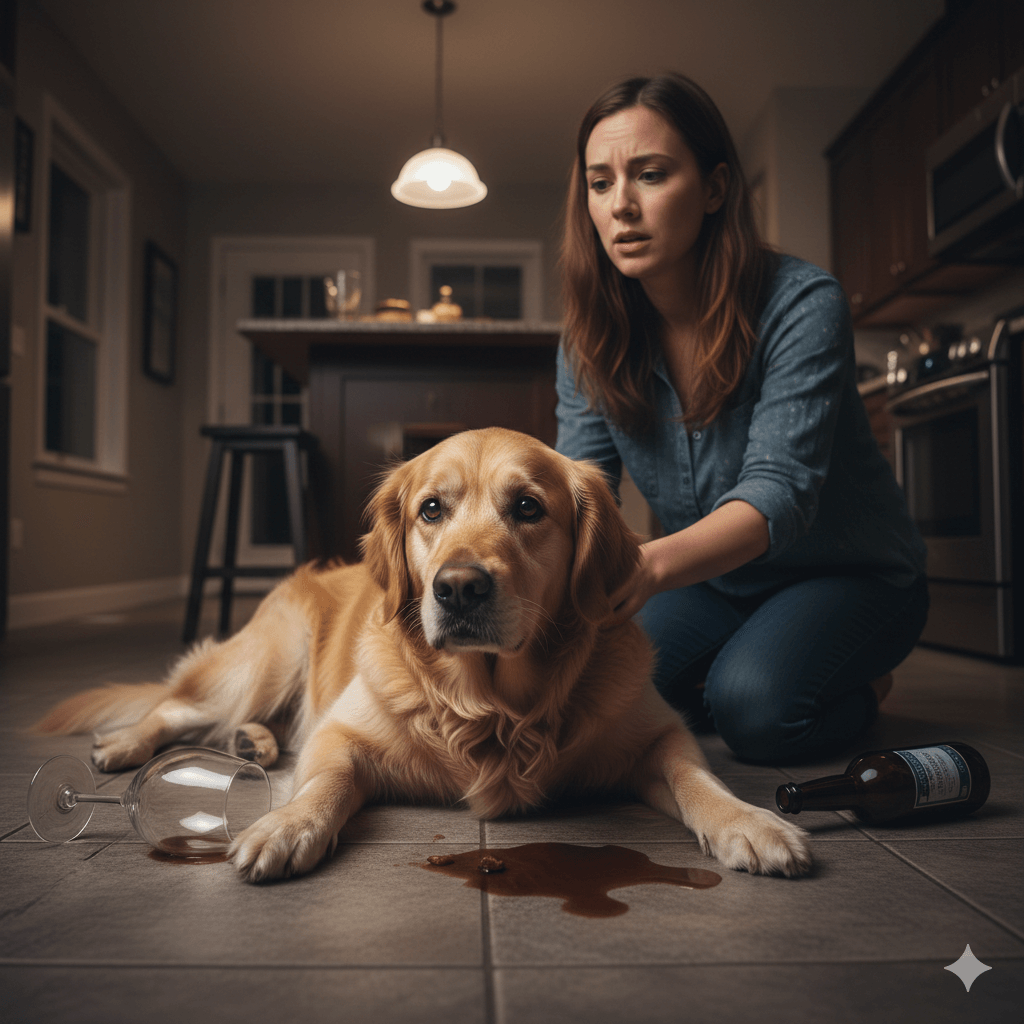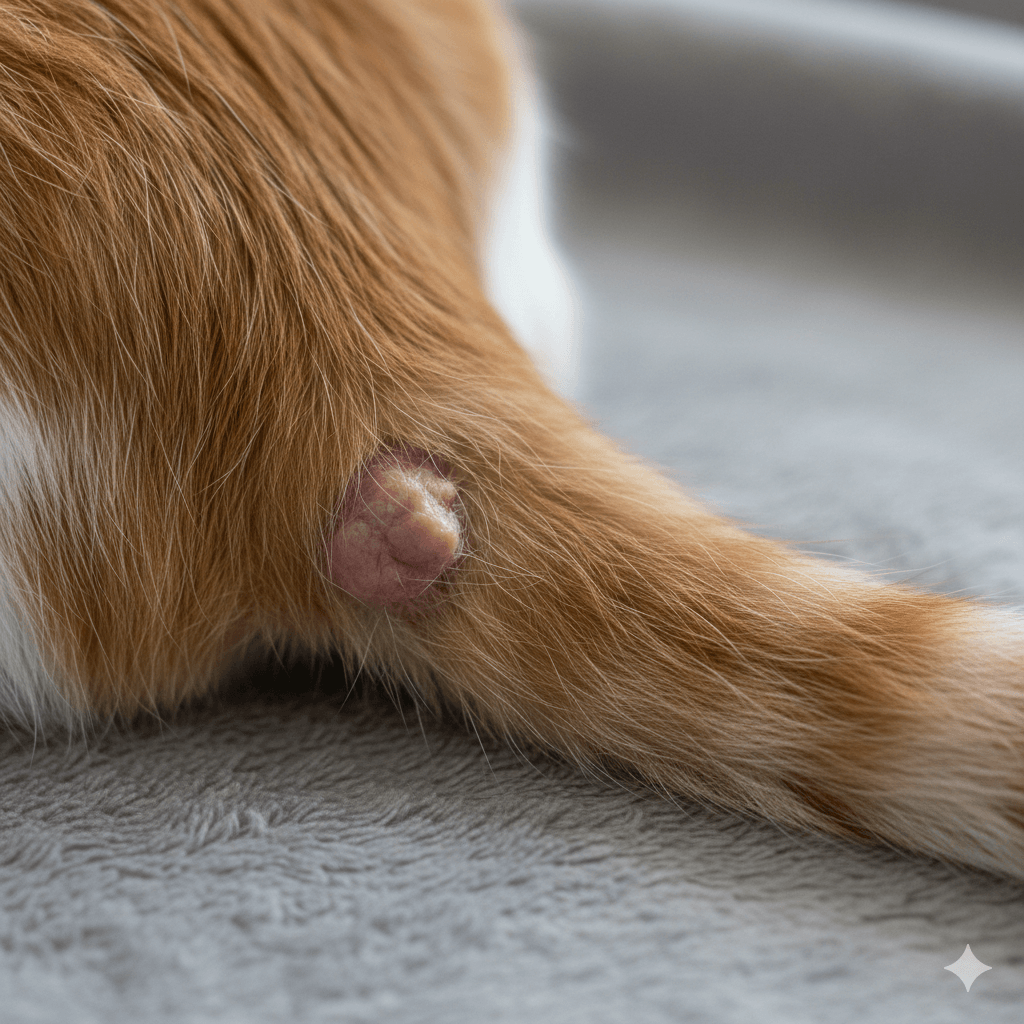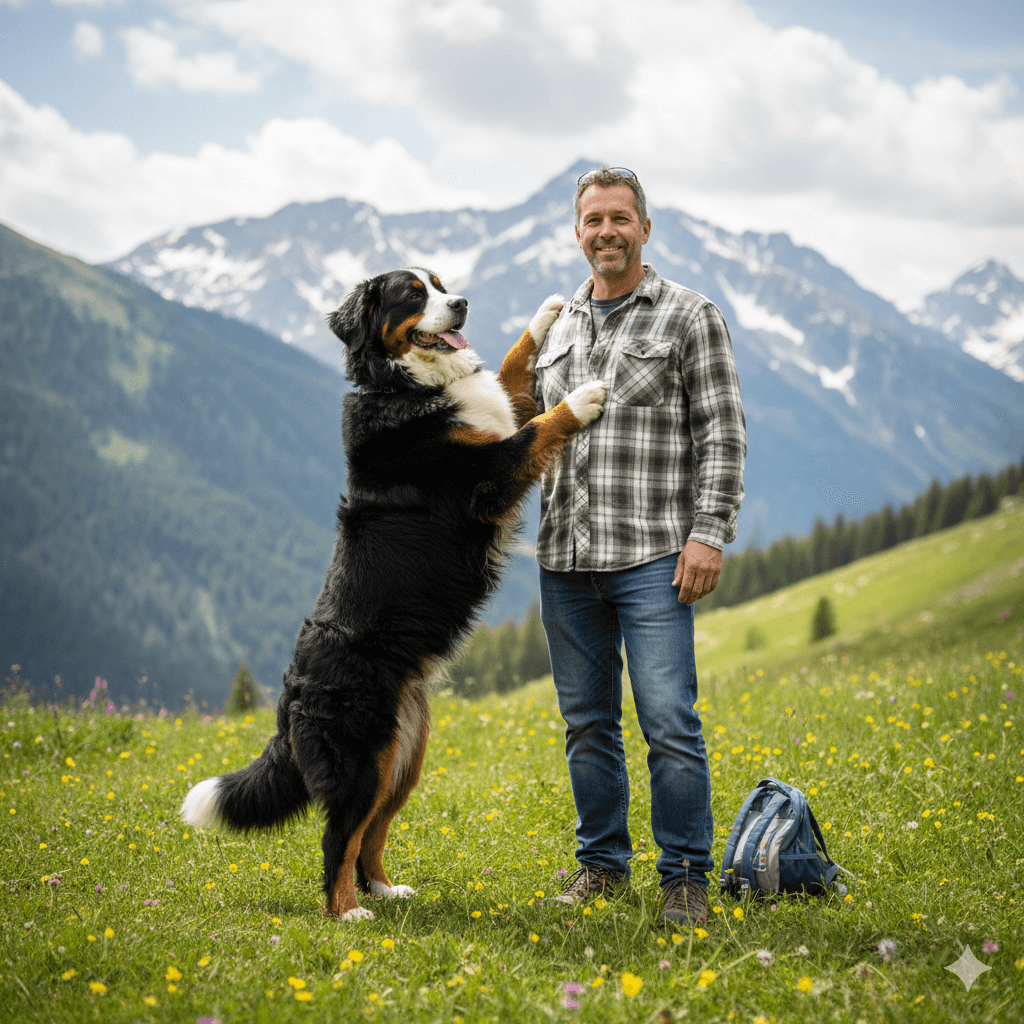Why Does My Dog Lick His Lips When I Pet Him? Understanding the Behavior
Dogs communicate in many ways, and their body language often speaks louder than words. One common behavior that leaves dog owners curious is lip-licking, especially when they’re being petted. While it may seem like a simple action, this subtle gesture can carry a variety of meanings depending on the context. Is your dog expressing affection, anxiety, or something else entirely? In this blog post, we’ll dive into the reasons behind this behavior, explore what it might mean for your furry friend, and provide tips to better understand your dog’s unique communication style. Let’s unravel the mystery together and deepen the bond between you and your pup!
Common Reasons Why Dogs Lick Their Lips During Petting
When your dog licks his lips while you’re petting him, it’s essential to consider the context. This behavior can stem from several causes, each tied to your dog’s emotional or physical state. Below are some of the most common explanations for this intriguing habit:
Sign of Comfort and Relaxation
Dogs often lick their lips as a way to express contentment during moments of relaxation. If your dog seems calm and happy while being petted, this could be a sign that he’s enjoying the interaction.Expression of Anxiety or Stress
In some cases, lip-licking can indicate discomfort or unease. If your dog feels overwhelmed or unsure about the situation, this behavior may serve as a calming signal.Anticipation of Food or Treats
If your dog associates petting with receiving treats, he might lick his lips in anticipation of a tasty reward. This behavior is often linked to excitement and positive reinforcement.Natural Grooming Instinct
Dogs sometimes lick their lips as part of their grooming routine. Even if it happens during petting, it could simply be a reflexive action unrelated to your touch.Physical Discomfort or Health Issues
Occasionally, lip-licking can be a sign of an underlying health problem, such as nausea or dental pain. If this behavior seems excessive or out of the ordinary, it’s worth consulting a veterinarian.
Understanding these potential reasons can help you interpret your dog’s behavior more accurately. By observing his overall demeanor, you can determine whether lip-licking is a positive or concerning sign.
How to Interpret Your Dog’s Lip-Licking Behavior
Deciphering why your dog licks his lips during petting requires paying close attention to his body language and surroundings. Here are some key factors to consider when analyzing this behavior:
Observe Your Dog’s Overall Body Language
Look at your dog’s posture, tail movement, and facial expressions. A relaxed body and wagging tail suggest comfort, while stiff posture or tucked tail may indicate stress.Consider the Context of the Situation
Think about what’s happening around your dog. Loud noises, unfamiliar people, or sudden movements can trigger lip-licking as a response to anxiety.Evaluate the Timing of the Behavior
Does your dog lick his lips before, during, or after petting? Timing can provide clues about whether the behavior is related to anticipation, enjoyment, or discomfort.Check for Signs of Physical Discomfort
Inspect your dog’s mouth for any signs of irritation, swelling, or injury. Dental issues or gastrointestinal problems can sometimes cause excessive lip-licking.Monitor Frequency and Consistency
If the behavior occurs only occasionally, it may not be a cause for concern. However, frequent or persistent lip-licking could warrant further investigation.
By considering these factors, you’ll gain valuable insights into your dog’s emotional and physical well-being. Remember, every dog is unique, so take the time to learn what makes your furry companion tick.
Check this guide 👉Why Is My Dog Biting at Their Butt? Best 7 Behavior Tips!
Check this guide 👉Why Does My Dog Eat Sticks? Best 7 Behavior Tips!
Check this guide 👉Why Wont My Dog Eat Kibble But Devours Everything Else? Best 7 Tips
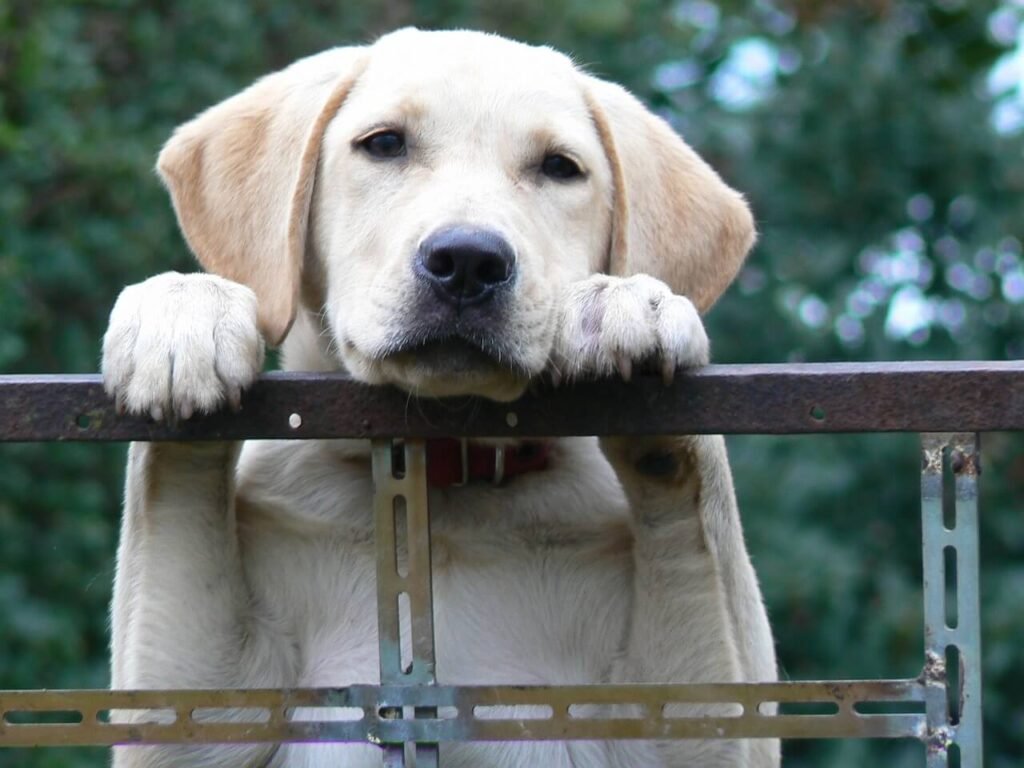
Behavioral Cues | Possible Meanings |
|---|---|
Relaxed body posture | Comfort and enjoyment during petting |
Stiff or tense body | Anxiety or discomfort in the situation |
Tail wagging slowly | Mixed emotions or mild uncertainty |
Excessive drooling or panting | Potential stress or health concerns |
Avoidance of eye contact | Submissive behavior or unease |
Tips to Respond to Your Dog’s Lip-Licking Behavior
Once you’ve identified the possible reasons behind your dog’s lip-licking, it’s important to respond appropriately. Here are some practical tips to guide your actions:
Provide Reassurance for Anxious Dogs
If your dog seems stressed, speak softly and offer gentle strokes to help him feel safe. Avoid sudden movements or loud noises that might escalate his anxiety.Offer Positive Reinforcement
Reward your dog with treats or praise when he exhibits calm behavior during petting. This reinforces positive associations and encourages relaxation.Adjust Your Petting Technique
Experiment with different petting styles, such as focusing on areas your dog enjoys, like the chest or back. Avoid sensitive spots that might cause discomfort.Create a Calm Environment
Minimize distractions and ensure the setting is peaceful. A quiet space can help your dog feel more at ease and reduce stress-related behaviors.Consult a Professional if Needed
If your dog’s lip-licking persists or is accompanied by other unusual behaviors, seek advice from a veterinarian or animal behaviorist.
By implementing these strategies, you can foster a more harmonious relationship with your dog and address any concerns effectively.
Preventing Misinterpretations of Lip-Licking Behavior
To avoid misunderstanding your dog’s lip-licking, it’s crucial to approach the behavior with an open mind and careful observation. Here are some steps to prevent misinterpretations:
Avoid Jumping to Conclusions
Don’t assume lip-licking always indicates stress or illness. Consider all possible explanations before drawing conclusions.Learn Your Dog’s Unique Patterns
Every dog has individual quirks. Spend time observing your dog’s typical behaviors to establish a baseline for comparison.Educate Yourself on Canine Communication
Familiarize yourself with common canine body language signals. This knowledge will help you interpret lip-licking more accurately.Rule Out External Influences
Take note of environmental factors, such as temperature or noise levels, that might influence your dog’s behavior.Seek Expert Guidance When Unsure
If you’re uncertain about the meaning behind your dog’s lip-licking, consult a professional for clarification and advice.
By staying informed and attentive, you’ll minimize the risk of misinterpreting your dog’s behavior and strengthen your bond through mutual understanding.
The Role of Breed-Specific Traits in Lip-Licking Behavior
Different dog breeds can exhibit unique behaviors, including lip-licking, based on their genetics and temperament. Understanding how breed-specific traits might influence this behavior can provide further insights into your dog’s actions. Here are some factors to consider:
Herding Breeds and Hyperawareness
Herding breeds like Border Collies or Australian Shepherds are highly sensitive to their surroundings. Their lip-licking may be a response to overstimulation or heightened focus during petting sessions.Guardian Breeds and Calming Signals
Breeds like German Shepherds or Rottweilers often use lip-licking as a calming signal when they feel the need to de-escalate tension or uncertainty in social interactions.Toy Breeds and Anxiety Tendencies
Smaller breeds such as Chihuahuas or Pomeranians may be more prone to anxiety-related behaviors, including lip-licking, due to their naturally alert and cautious nature.Scent Hounds and Sensory Overload
Breeds like Beagles or Basset Hounds rely heavily on their sense of smell. If petting interrupts their sensory exploration, they might lick their lips as a way to process the distraction.Retrievers and Affectionate Gestures
Friendly breeds like Golden Retrievers or Labrador Retrievers often use lip-licking as a sign of affection, especially when they’re enjoying close contact with their owners.
By considering your dog’s breed characteristics, you can gain a deeper understanding of why he licks his lips during petting. This knowledge allows you to tailor your interactions to better suit his needs and personality.
How Environmental Factors Influence Lip-Licking Behavior
Your dog’s surroundings play a significant role in shaping his behavior, including lip-licking. Even subtle changes in the environment can trigger this action. Here are some environmental factors to keep in mind:
Crowded Spaces
Being in a crowded or unfamiliar area can make your dog feel uneasy, leading to lip-licking as a self-soothing mechanism.Loud Noises
Sudden or loud sounds, such as fireworks or thunderstorms, can cause stress and prompt your dog to lick his lips as a calming gesture.Temperature Changes
Extreme heat or cold might make your dog uncomfortable, and lip-licking could be a response to physical irritation caused by the weather.Presence of Strangers
If new people are around, your dog might lick his lips as a way to communicate uncertainty or submission in an unfamiliar social setting.Unfamiliar Scents
Strong or unusual smells can overwhelm your dog’s senses, causing him to lick his lips as a way to process the sensory input.
Understanding how environmental factors affect your dog’s behavior can help you create a more comfortable and predictable space for him. A calm environment often reduces stress-related lip-licking and promotes relaxation.
Training Techniques to Address Excessive Lip-Licking
If your dog’s lip-licking becomes excessive or problematic, incorporating training techniques can help redirect or reduce the behavior. These strategies focus on reinforcing positive habits and addressing underlying causes. Here are some effective approaches:
Desensitization Exercises
Gradually expose your dog to situations that trigger lip-licking, starting with low-intensity scenarios. This helps him become more comfortable over time.Counterconditioning Methods
Pair the triggering situation with something positive, like treats or toys, to change your dog’s emotional response to stressors.Teaching Alternative Behaviors
Train your dog to perform a different action, such as sitting or lying down, instead of lip-licking when he feels anxious or unsure.Using Calm Verbal Cues
Develop a consistent verbal cue, like “relax” or “settle,” to encourage your dog to remain calm during moments of stress.Incorporating Mental Stimulation
Engage your dog with puzzle toys or obedience games to redirect his focus and reduce anxiety-driven behaviors like lip-licking.
With patience and consistency, these training techniques can help manage excessive lip-licking and improve your dog’s overall well-being. Remember, the goal is not to eliminate the behavior entirely but to ensure it remains a healthy form of communication.
Frequently Asked Questions About Dog Lip-Licking During Petting
Is lip-licking always a sign of stress?
No, lip-licking can indicate various emotions, including relaxation, anticipation, or even physical discomfort.
Should I stop petting my dog if he licks his lips?
Not necessarily. Observe your dog’s overall body language to determine whether he’s enjoying the interaction or feeling uneasy.
Can lip-licking be a sign of illness?
Yes, excessive lip-licking may indicate health issues like nausea or dental problems. Consult a vet if the behavior seems abnormal.
How can I tell if my dog is anxious?
Look for signs like stiff posture, avoidance of eye contact, or excessive panting alongside lip-licking.
What should I do if my dog licks his lips frequently?
Monitor the behavior closely and consult a veterinarian or behaviorist if it persists or is accompanied by other symptoms.
Building a Deeper Connection Through Understanding
Understanding why your dog licks his lips when you pet him is more than just solving a behavioral puzzle—it’s an opportunity to strengthen your bond. By paying attention to your dog’s cues and responding with empathy, you can create a nurturing environment where trust and communication thrive. Remember, every wag, lick, and glance is a piece of the puzzle that makes your relationship with your dog truly special. So the next time your furry friend licks his lips, take a moment to observe and appreciate the unique way he communicates with you. After all, love is spoken in many languages—even through a simple lick.
Cat Alcohol Poisoning Symptoms: Best 7 Expert Tips! – Learn to spot signs, act fast, and protect your cat from the dangers of alcohol exposure.
Dog Alcohol Poisoning Symptoms: Best 7 Expert Tips! – Learn to spot signs, act fast, and protect your dog from the dangers of alcohol exposure.
Mast Cell Tumors in a Cats Tail: Best 7 Expert Tips! – Learn symptoms, treatment options, and expert advice to manage this common feline condition effectively.
Bernese Mountain Dog Size: Best 7 Expert Tips! – Discover growth stages, weight management, and care tips to ensure your gentle giant thrives.

